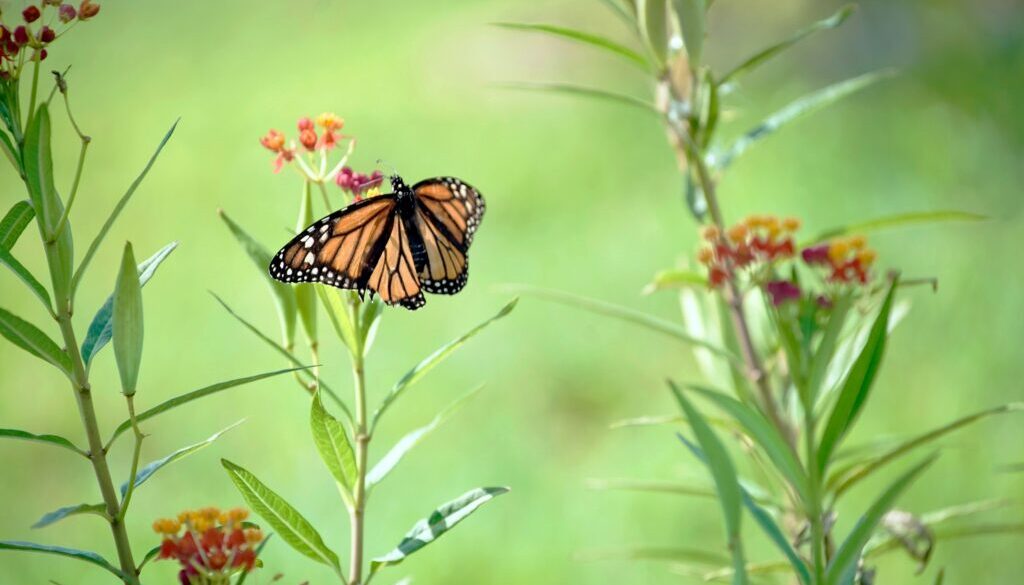Court deals setback to efforts to regulate pesticide-coated seeds
A federal court this week dealt a blow to calls for new regulations on pesticide-coated seeds used in farming, ruling that US regulators were not acting improperly in exempting the seeds from registration review.
The US District Court for the Northern District of California on Wednesday granted a summary judgment in favor of the Environmental Protection Agency (EPA) and agrochemical industry lobbyist CropLife America, turning back arguments by the Center for Food Safety and other environmental advocates who have spent years warning of a range of “devastating effects” they say result from widespread use of the specialty seeds.
The concerns addressed in the case focus on seeds that are coated in insecticides before they are planted. Three specific types of insecticides that are part of a class of chemicals known as neonicotinoids present particular threats to beneficial birds and insects such as butterflies, and can contaminate the air, soil and water with toxins, according to critics. The court case ruled on this week focused on three types of neonics – imidacloprid, thiamethoxam, and clothianidin.
“Neonicotinoid treated seeds are used on at least half of all croplands in the US but pose an extreme danger to birds, bees, and other pollinators,” the Center for Food Safety said in a statement issued Thursday following the ruling. “With the future of agriculture and entire food webs on the line, it is irresponsible and unlawful that these pesticides will continue to be exempted from registration.”
The European Union has banned the outdoor use of certain types of neonicotinoids, also called neonics, and the United Nations has said neonics are so hazardous that they should be “severely” restricted. But in the US, neonics remain widely used, typically as coatings on corn, cotton and soybean seeds, planted by farmers to protect crops from insects and disease.
Scientific research has shown they are contributing to a decline in important pollinators such as honeybees. Environmental advocates say numerous studies show neonics are not necessary.
Last year a citizen petition was filed with the EPA backed by more than 60 nonprofit groups, demanding the EPA revoke a nearly 40-year-old waiver that allows pesticide companies to bring their products to market without first providing data that proves the product benefits.
The EPA argues that there is no need to require the pesticide-coated seeds to undergo a separate registration process given the pesticides themselves are scrutinized in the regulatory review process.
The court noted in its ruling that the EPA admitted failing to examine scientific reports submitted by the plaintiffs in the case that relate to the effects of neonic seeds on water contamination and pollinator health, and said the court “expects that the EPA will incorporate the findings of these reports and studies into its ultimate conclusions” as it reviews neonicotinoids.
The court said that it recognizes its ruling delays a “final resolution” to what it called the “longstanding fight over the use of neonicotinoids on this country’s farmland,” and said it shares “frustration at the protracted pace of the EPA’s registration review” of the chemicals.
The three neonicotinoid active ingredients were all initially registered more than 20 years ago, before their use surged. While the registration review of the chemicals started over a decade ago, it remains in progress and currently is not due until 2026, the court pointed out.
“Any judicial decisions about the unreasonable adverse effects of neonicotinoids must come in a later forum,” the court stated in its ruling.
Despite the setback in federal court, environmental advocates recently notched a victory in California on the issue of regulating neonic-treated seeds.
Groups that include the Natural Resources Defense Council, Friends of the Earth, and Center for Biological Diversity reached an agreement with the California Department of Pesticide Regulation to propose regulations addressing pesticide-treated seeds by April 2026.
Research by the Environmental Working Group (EWG) has documented the extent that residues of neonics contaminate food. EWG researchers have reported that, between 2002 to 2020, more than 15% of US non-organic fruits and vegetables had residues of at least one of the neonics imidacloprid, clothianidin or thiamethoxam.
(Featured photo by Winifred Helton-Harmon on Unsplash.)
 EWG
EWG


